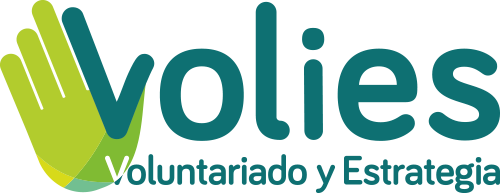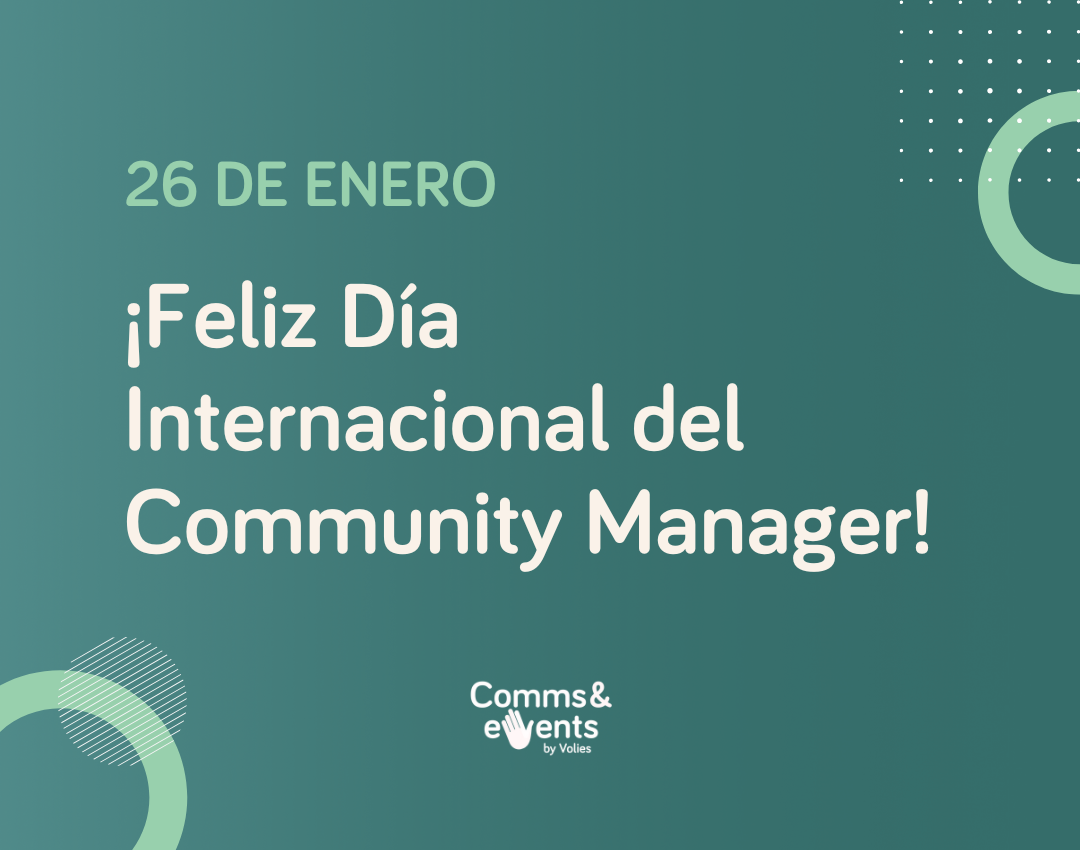RESILIAGE, European research project funded by Horizon Europe (2023-2026), focuses on strengthening community resilience by integrating cultural and natural heritage in disaster preparedness.
Just a few days before the Valencia hurricane tragedy, it published its first report: Communication & Local Needs, the result of the teamwork of the community resilience laboratories, CORE Labs, working simultaneously in five countries.
Their new publication: “Cooperation and Management” summarizes the main findings of the field research conducted in these five Core Labs, carried out in different regions: Famenne-Ardenne (Belgium), Crete (Greece), Naturtejo (Portugal), Trondheim (Norway) and Karsiyaka (Turkey).
The research results provide valuable insights into the challenges and opportunities of disaster preparedness and response at the local level.
Main barriers
Significant gaps in communication, preparedness and local governance in disaster management have been identified in all regions.
- Lack of risk culture: In Famenne-Ardenne and Crete, a lack of risk culture among citizens was observed, leading to poor preparedness and a lack of awareness of potential hazards.
- Coordination problems: In both Famenne-Ardenne and Crete, insufficient coordination between communities and authorities during crises was identified.
- Unequal distribution of resources: In Naturtejo, an unequal distribution of resources and training within the “Safe village, safe people” program was noted.
Practices to strengthen resilience
In general terms, key factors for strengthening community resilience in the face of natural hazards and extreme events, which are becoming more and more frequent, are: the inclusion of cultural and natural heritage, the strengthening of risk culture, the improvement of coordination and the use of local resources.
Despite the current barriers and enormous challenges, the subject communities have developed several good practices aimed at strengthening this community resilience:
- Early warning systems: In Famenne-Ardenne, citizens play an important role in early warning systems, informing authorities of rising water levels.
- Local knowledge: In Naturtejo, people’s traditional knowledge of forest management contributes to the resilience of forests to forest fires.
Citizen engagement: In Trondheim, the potential of local associations and communities to support communication and cooperation in emergency situations is recognized. - Informal coping mechanisms: In Karsiyaka, local customs such as avoiding outdoor activities during the hottest hours of the day help mitigate the risks of heat waves.
Learnings post Dana

After what happened in Valencia in the face of the devastating effects of the DANA, it is worth asking whether we can learn from these common experiences to strengthen community resilience in this region in terms of preparedness and response to natural disasters.
- Strengthen the risk culture in Valencia for the future, promoting awareness of the risks associated with extreme weather events such as the DANA, emphasizing educational campaigns so that citizens can better understand the warning signs and protocols to follow.
- Actively involve citizens to improve the Early Warning Systems.
- Improve local and national coordination, communication and cooperation between different levels of government and civil society organizations.
- Use and take advantage of local knowledge on climate behavior, flood patterns and vulnerable areas. Residents of areas most at risk can be a valuable source of information on what measures have been effective in the past and how to improve preparedness for future natural disasters.
- Reduce inequities in resources and training and ensure that all areas, especially the most vulnerable, receive the necessary resources and training.
- Encourage active citizen participation, cooperate with local support networks, neighborhood associations and volunteer groups to improve disaster response and thereby contribute to greater community resilience.
Go Valencia!





